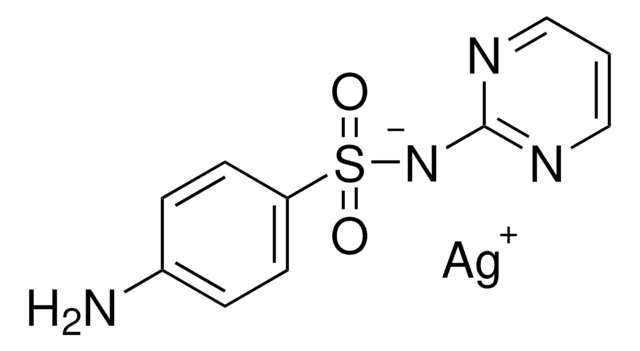T4184
Thrombopoietin from mouse
recombinant, expressed in NSO cells, lyophilized powder, suitable for cell culture, >97% (SDS-PAGE)
Synonyme(s) :
TPO
About This Item
Produits recommandés
Source biologique
mouse
Niveau de qualité
Produit recombinant
expressed in NSO cells
Essai
>97% (SDS-PAGE)
Forme
lyophilized powder
Puissance
2.1 ng/mL EC50
Poids mol.
~75 kDa by SDS-PAGE (as a result of glycosylation)
predicted mol wt 35 kDa
Conditionnement
pkg of 5 μg
Conditions de stockage
avoid repeated freeze/thaw cycles
Technique(s)
cell culture | mammalian: suitable
Impuretés
endotoxin, tested
Numéro d'accès UniProt
Température de stockage
−20°C
Informations sur le gène
mouse ... Thpo(21832)
Application
Actions biochimiques/physiologiques
Forme physique
Remarque sur l'analyse
Code de la classe de stockage
11 - Combustible Solids
Classe de danger pour l'eau (WGK)
WGK 3
Point d'éclair (°F)
Not applicable
Point d'éclair (°C)
Not applicable
Équipement de protection individuelle
Eyeshields, Gloves, type N95 (US)
Faites votre choix parmi les versions les plus récentes :
Déjà en possession de ce produit ?
Retrouvez la documentation relative aux produits que vous avez récemment achetés dans la Bibliothèque de documents.
Notre équipe de scientifiques dispose d'une expérience dans tous les secteurs de la recherche, notamment en sciences de la vie, science des matériaux, synthèse chimique, chromatographie, analyse et dans de nombreux autres domaines..
Contacter notre Service technique








